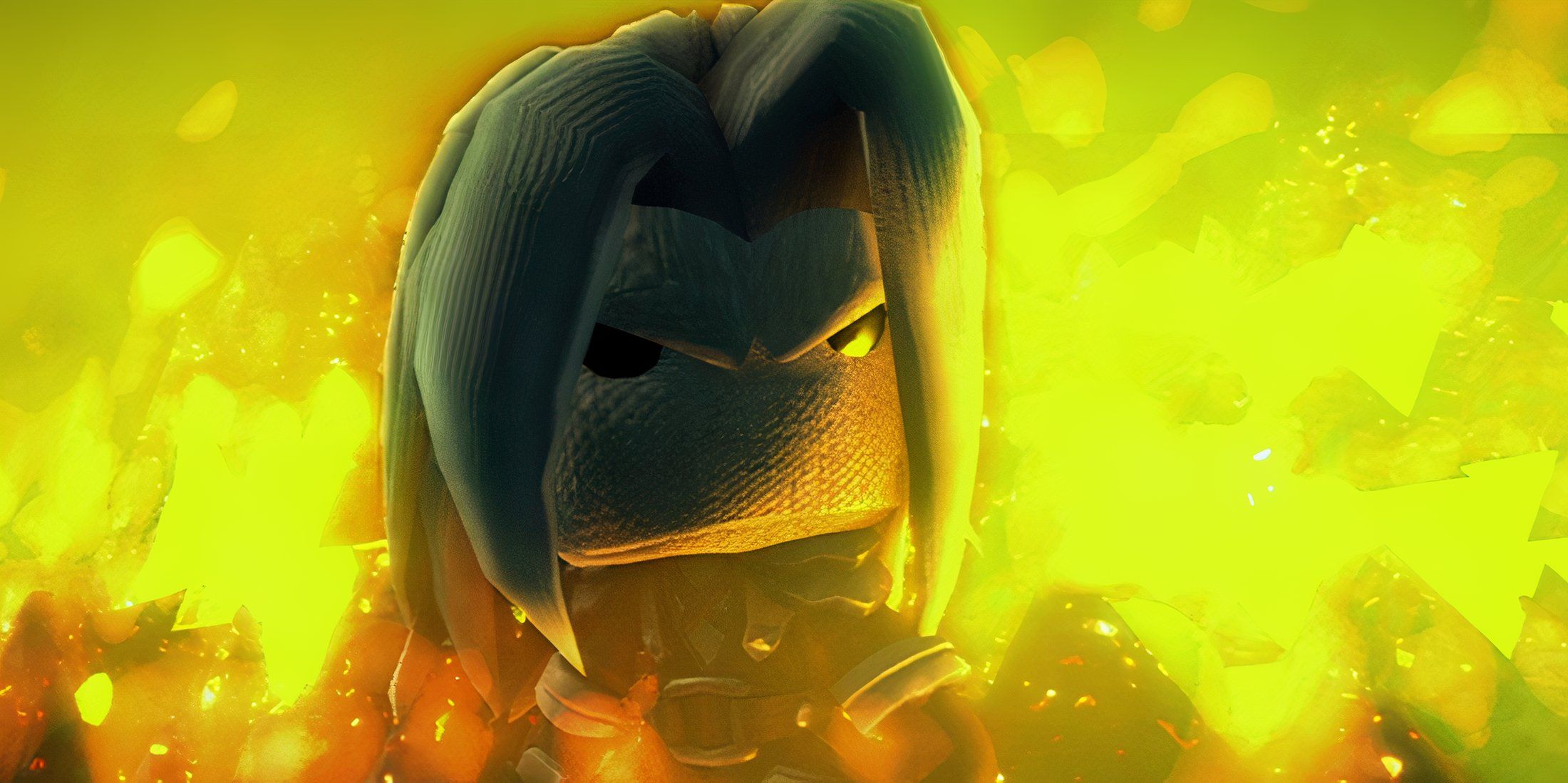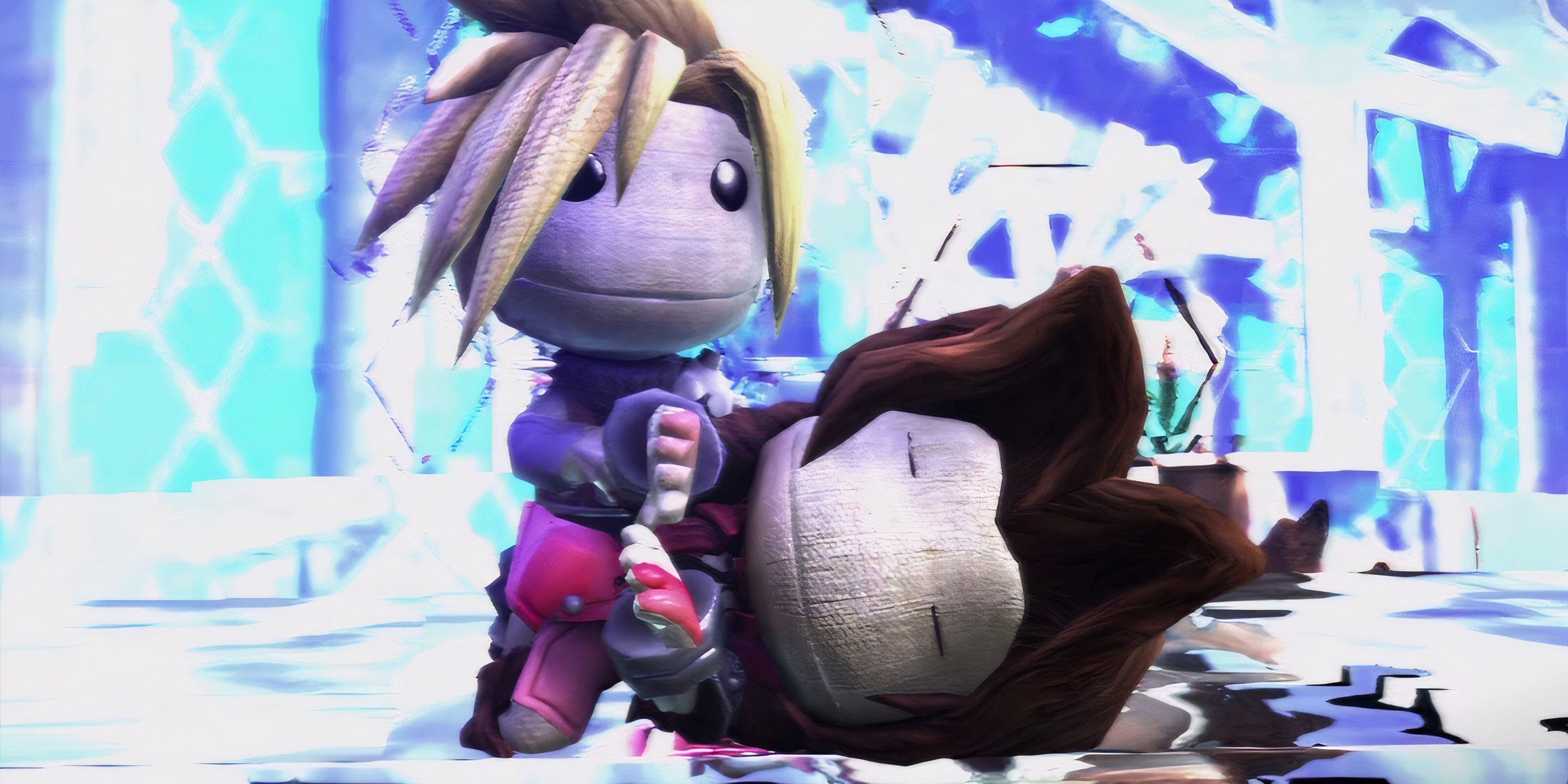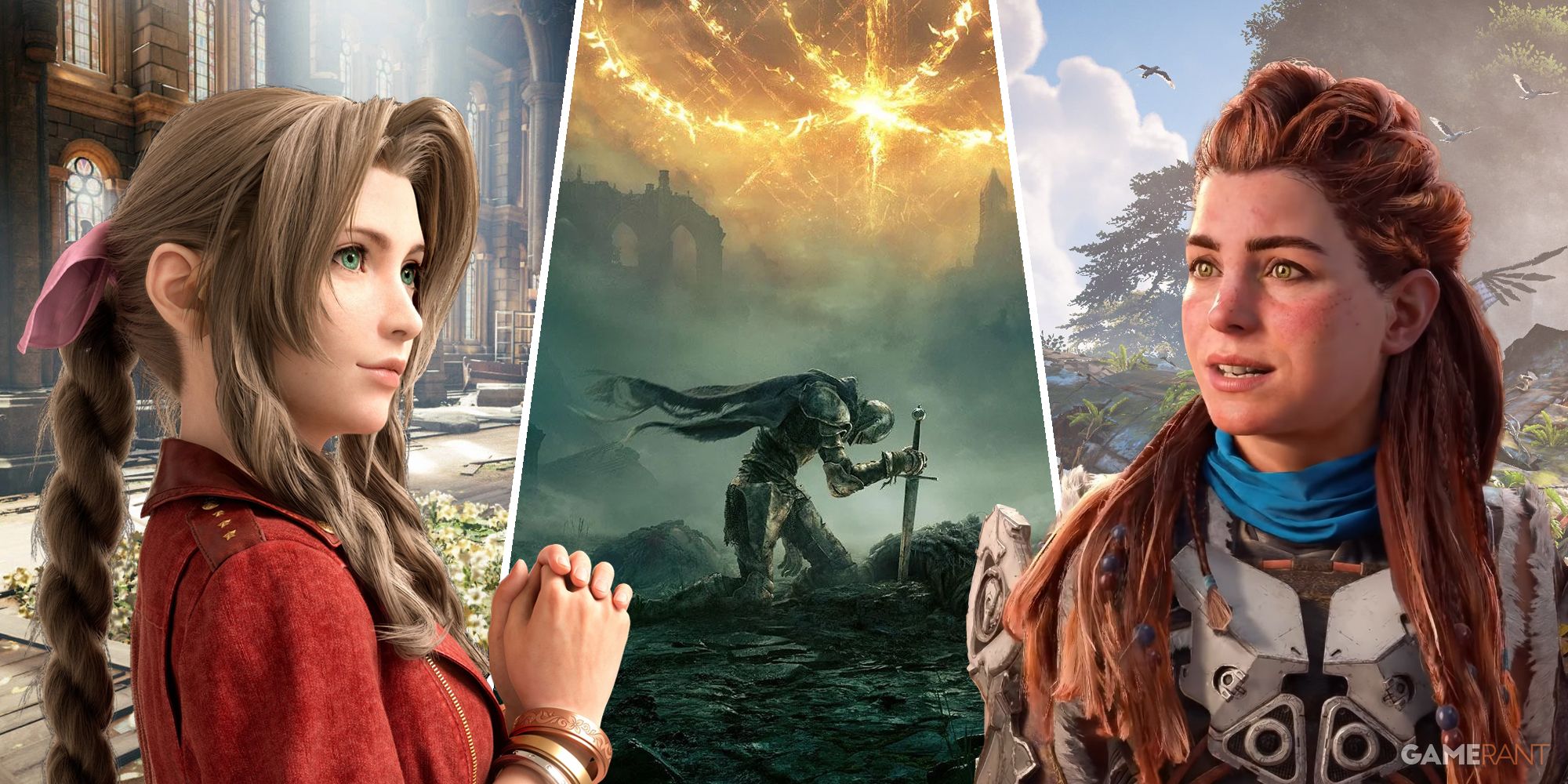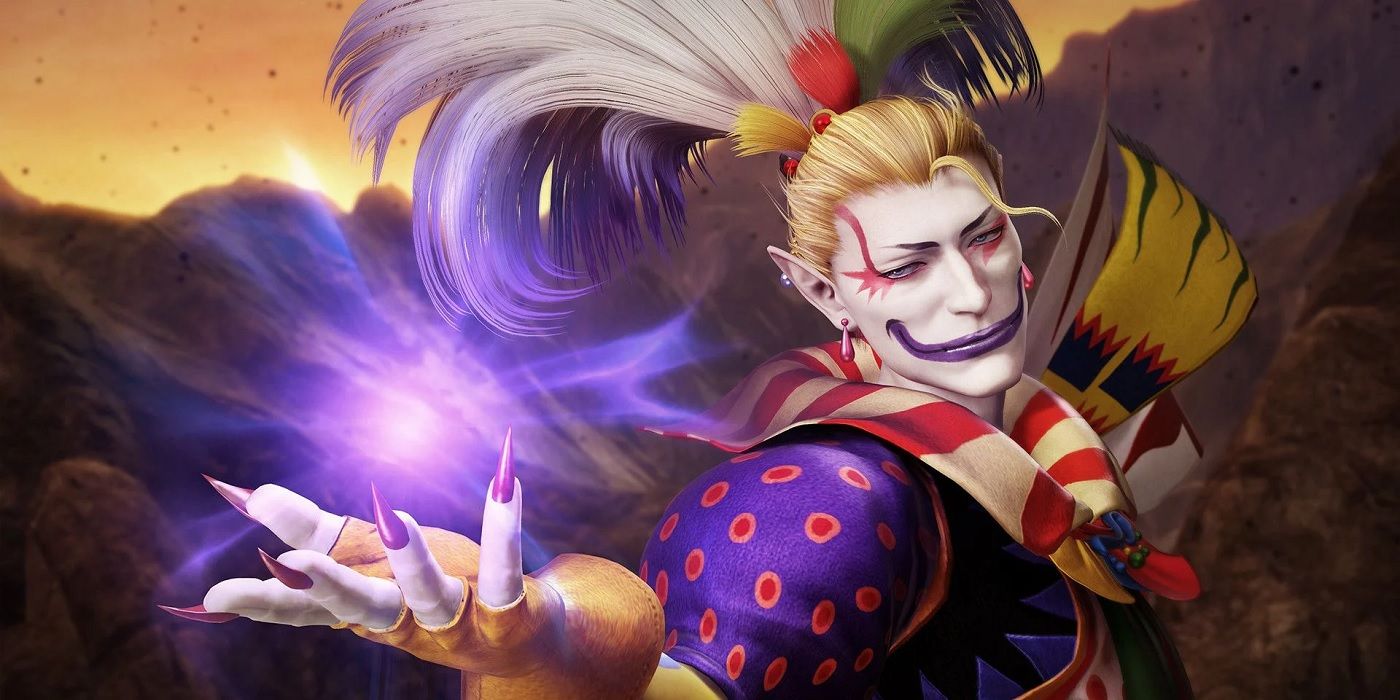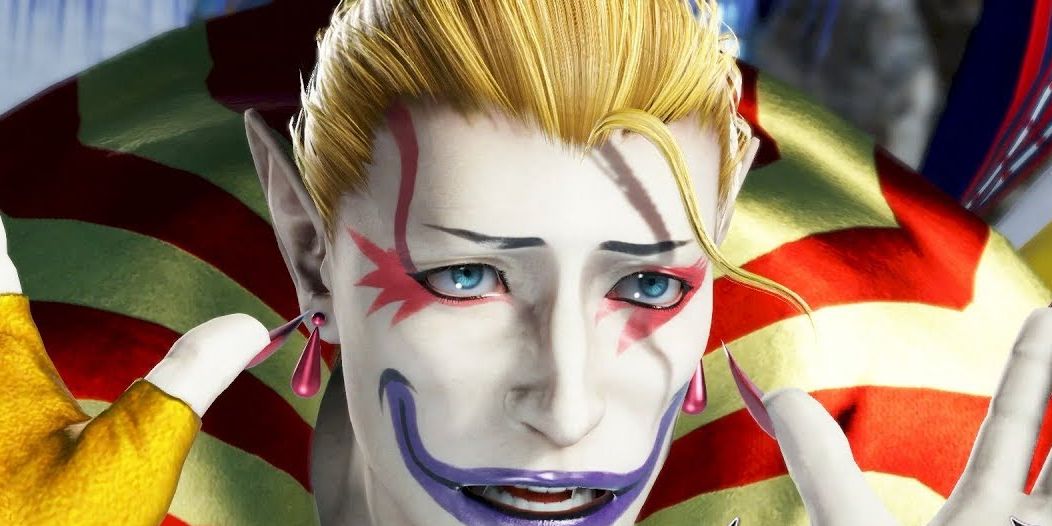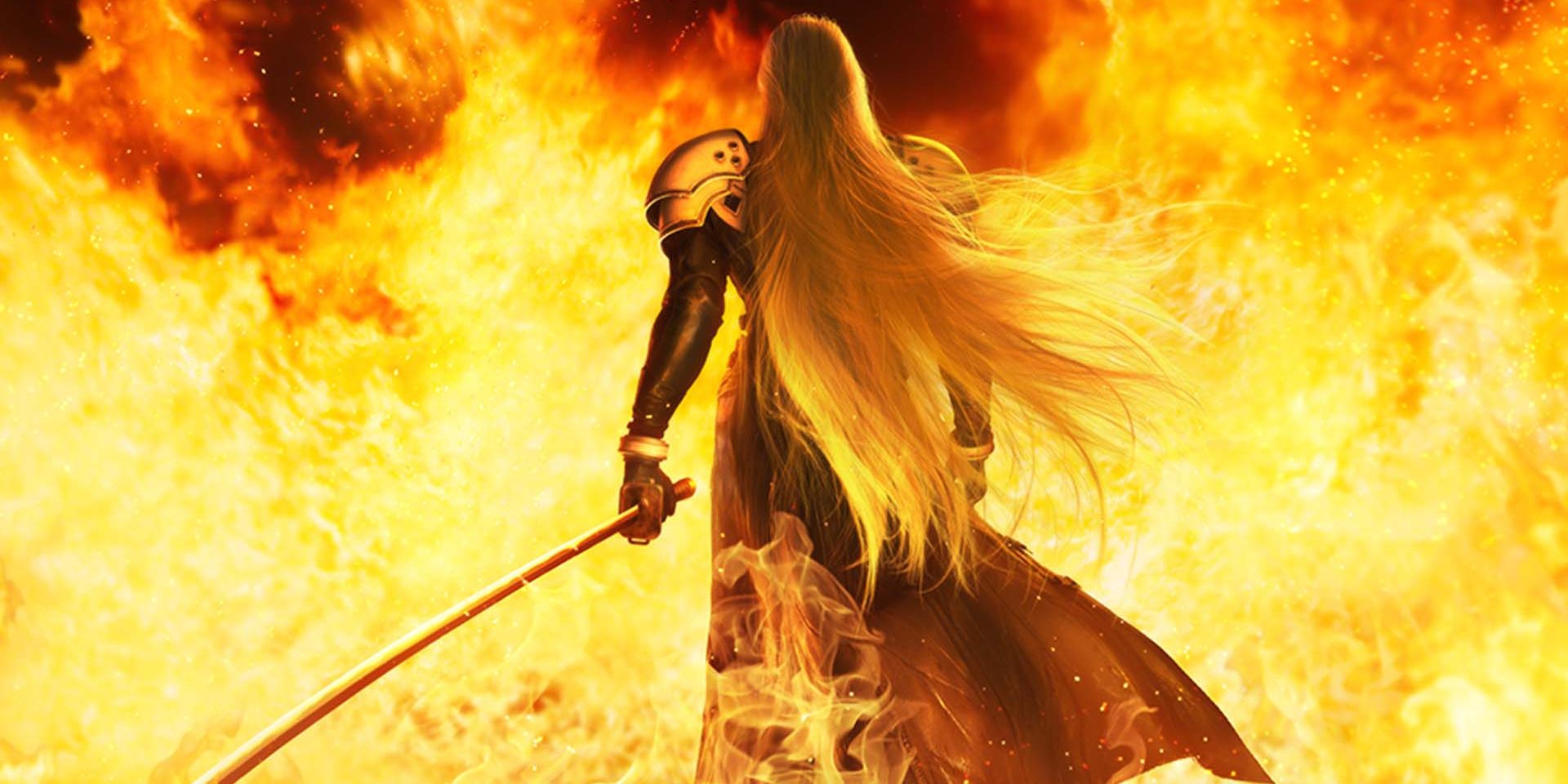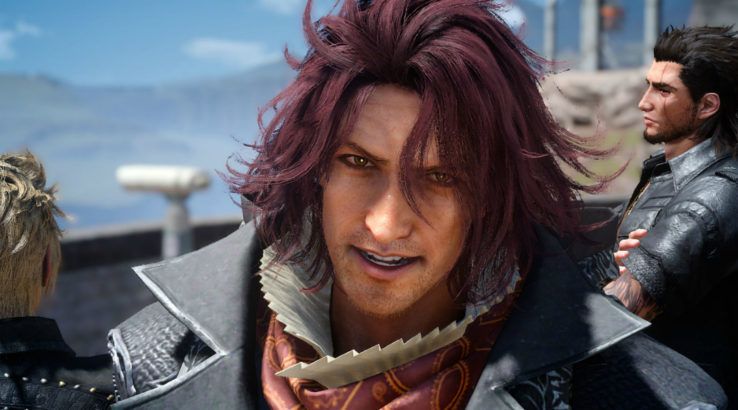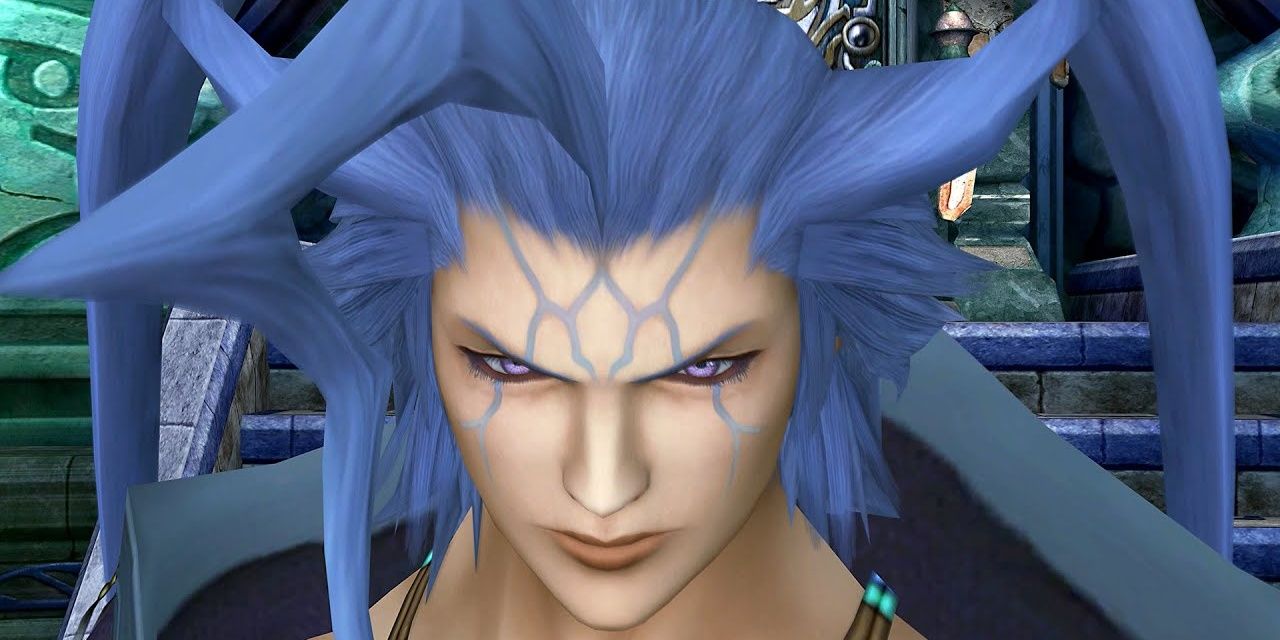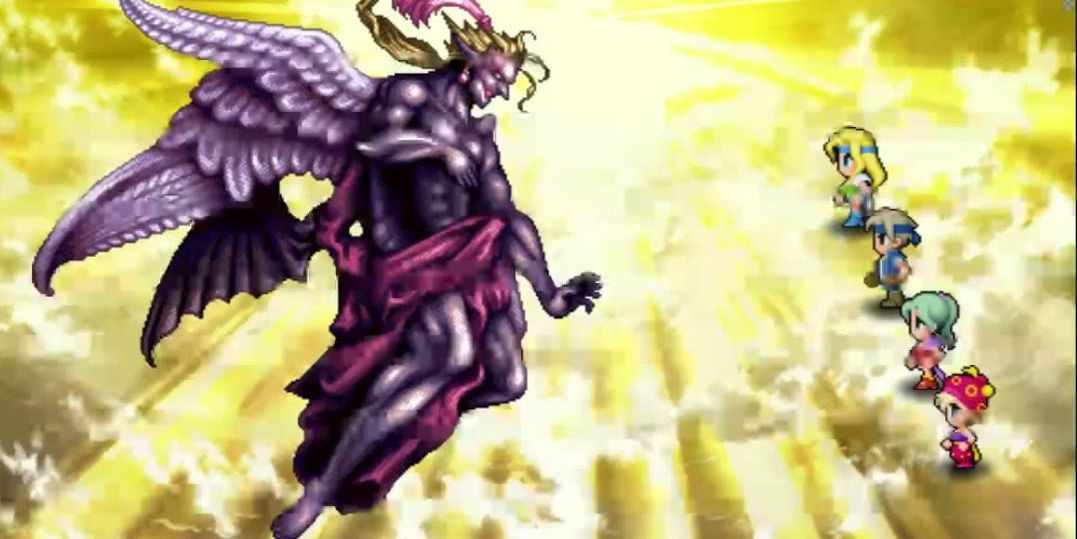Final Fantasy 7 Remake has been out long enough for players to burn their way through the game and duke it out with Sephiroth once again. However, as players have had time to reflect on the game and its original, some fans have noticed some similarities with the legendary villain and others from within the Final Fantasy series.
One such comparison has pitted Sephiroth against Ardyn, with Square Enix having pulled from Final Fantasy 7 when looking for inspiration on Final Fantasy 15. However, there is one villain in the series that trumps even Sephiroth and has clearly laid the groundwork for every major villain since the series made the transition into three dimensions.
Namely, Kefka Palazzo has continued to stand for fans of the series' original run on classic Nintendo consoles before making the switch to PlayStation, as the pinnacle of Final Fantasy villainy. While the series was certainly never known for bland antagonists for the main characters to fight, early villains did often border on the edge of "generic demon lord" territory. However, Kefka became a turning point towards villains that players can love to hate and in some cases even pull a bate and switch in the eleventh hour to take the spot as a game's true villain.
Who is Kefka?
For players who may have missed the six entry in the Final Fantasy franchise, or third for many Americans at the time of release, Kefka is the primary antagonist for Final Fantasy 6. However, while he does act as the final boss for the game, Kefka spends a large portion of his own title as an almost innocuous side-character, playing the role as a subordinate to Emperor Gestahl. It isn't until what seems to be the end of the game that Kefka betrays his master and steals the power of the espers in order to become a god, with power easily rivaling any other villain from the series.
The turn comes at what turns out to be the end of the second of three acts, with a character who up until then had been little more than a laughing psychopath being promoted quickly to critical threat. In fact, on an initial playthrough, players would be forgiven for assuming that little more of the character than labeling Kefka as an inane clown, thanks to both his makeup as well as his tendency to flee with some sort of cynical joke as he leaves. Although, that is not to say that the villain isn't a brutal monster in the sections that lead up to his eventual crowning as the true villain of Final Fantasy 7.
Brutality in Sephiroth
One expert showing of Kefka's brutality is actually the player's first interaction with him in Final Fantasy 6, as he attempts to poison the water supply of the enemy stronghold of Doma in order to incite a war. This initial encounter immediately paints the character as a cut-throat villain willing to destroy anyone who stands in his way, regardless of how many innocents might die. The brutality on display here is something that gets recycled in Final Fantasy 7 as Sephiroth burns the town of Nibelheim to the ground in pursuit of his mother, Jenova.
In both cases, whoever players might think is the better villain, a number of the most chilling aspects of Sephiroth come straight from his predecessor. For every town, president, and Aerith that Sephiroth cut down in pursuit of his misguided goals to please Jenova, Kefka slaughters worlds, emperors, and Shadows (depending on player choice) in pursuit of his selfish goals to empower himself. Final Fantasy 7 was only able to make Sephiroth so compelling and hate-able as a villain because Kefka had already laid the groundwork for crafting the perfect villain in the series.
Charm in Ardyn
However, it isn't just Kefka's eventual rise to power or his brutality that makes him the perfect villain, but the charm that surrounds his character all the way until he finally takes his godly form. Appearing repeatedly throughout the story, only to be easily beaten and sent packing, the clown often relates everything through comedy, like a JRPG approximation of DC's Joker. This is one of the most successful traits to be passed on to Ardyn in Final Fantasy 15, a character that almost seems to be crafted in the spitting image of Kefka.
Every part of Ardyn's personality screams that he is meant to be some sort of combination of Sephiroth and Kefka, with Final Fantasy 15's hero Noctis even calling him "Jester" before their final confrontation. The comparisons express themselves every time Ardyn opens his mouth, telling the same type of twisted jokes that Kefka would often taunt the heroes with, usually being the only one laughing after the punchline. It's this charm that makes both characters so easy to love, right up until they do something vicious that players have to hate the villains for.
Reflections In Every Game Since
These elements of Kefka that affect Ardyn and Sephiroth are a fairly prominent trend for every Final Fantasy title after the sixth, with characters from each game displaying at least some aspects of the villain. Seymour Guado from Final Fantasy 10, for instance, has a number of traits that should be familiar at this point, like laughing at his own jokes about killing the Ronsos. It's a similar story with almost every major villain that the series has produced since, including Final Fantasy 9's Kuja and Final Fantasy 8's rival Seifer.
Every charismatic villain, often appearing and re-appearing throughout their respective games, has been some sort of recreation of the best one Square Enix ever made. However, while Kefka is the one villain that the series has never topped as far as personality goes, there is another triumph within his story that only one other villain has come close to.
The Only One to Win
What elevates Kefka above all other Final Fantasy villains and what has become the defining feature of both his character and Final Fantasy 6 is the fact that he wins. In that eleventh hour betrayal of Emperor Gestahl mentioned earlier, Kefka actually succeeds at taking the power of the espers for himself and becomes a god, destroying the world as a result. As a result, the end of the game isn't about protecting the world from the villain who plans to destroy it, but rather saving whatever little remains after he has already succeeded.
The closest the series has gotten to this is with Ardyn, again showing the massive Kefka influence on his character. Although, not even Ardyn is able to have as grand a victory as his predecessor, as it is implied that there are tons of survivors still hanging on off-screen somewhere in Final Fantasy 15. This is not the case for Final Fantasy 6, however, as even the few characters that remain like Cid can still die in the aftermath of the calamity that has destroyed the world.
Final Fantasy 7 Remake is available now for PS4.

